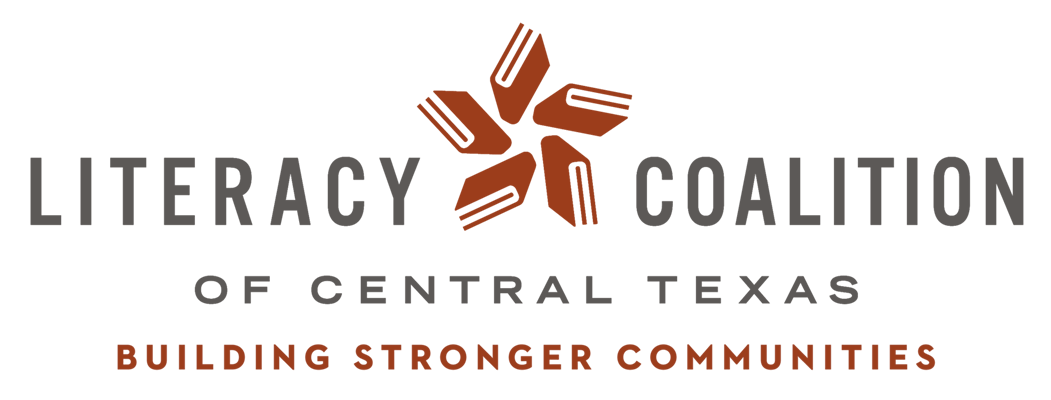
This week we have another guest blog post. Karen Green is an English Forward Master Trainer and Education Coordinator for Manos de Cristo, a local nonprofit organization. Read her post below!
Not many teachers in the United States are introduced to the philosophy and teaching approach of Paolo Freire, a Brazilian-born educator who worked with illiterate populations in rural areas mainly in the 1940s – mid-1960s. Most of his students were farmers or fishermen, and left out of the traditional formal education system. His unorthodox approach to education was that teachers and students all have something to learn and something to teach. He also worked to eradicate the stigma that being unable to read as an adult equals a low level of intelligence. His belief was that teachers are not the only ones who have knowledge to impart. Adults in general have a wealth of life experience and know how to not only survive, but to thrive, how to take care of their families, how to work and learn. Freire’s approach can be summed up in the phrase, “read the word, read the world.”
Freire worked with a population that didn’t know how to read in a language they could speak. Our students are wanting to gain literacy in their second language, and will have different levels of native language literacy.
In Freire’s book, Pedagogy of the Oppressed, he refers to illiteracy as a form of oppression. Despite literacy level, Freire’s “problem-posing” approach serves to have the teacher guiding students through student-generated solutions, based on the students’ own knowledge of their community.
These kinds of problem-solving discussions are difficult to have with lower-level ESL classes due to the level of expression students need to have. What can be done in any class is community building. Even if the level of literacy and country of origin of our students may differ, they come to class wanting to gain knowledge to better their life situations.
I don’t want to leave out two levels of awareness that are important for instructors to have. Even though instructors are sympathetic, patient, caring, and motivational, they must be aware that they represent the same culture that leaves ESL students out of conversations in other parts of their lives outside the classroom. We also have to be aware of the part we play in the creation or maintenance of systems that leave out the immigrant community.
We can help students learn what they need to know to express themselves and stand up for their rights. We can also move students to come up with creative solutions to their own problems. We can give them the tools to experiment with language, use their creativity and intelligence, build confidence, and overall be seen as having something positive to share in our society.
One innovative, new adult education program in Austin, TX is using Freire’s philosophy
http://www.theseedaustin.org/esl-classes/
Another program in Austin, TX, Workers Defense Project, strives to train immigrants to be leaders in their community and in their workplaces, and includes the important component of English language instruction. http://www.workersdefense.org/
A way to use Scenarios or Problem situations in the ESL classroom http://www.literacywork.com/Literacywork.com/Resources.html
One of the leading Freire scholars in the U.S. is Elsa Auerbach. Her revised edition of Problem-posing at Work: English for Action includes activities and stories for intermediate to advanced-level ESL students
http://www.grassrootsbooks.net/us/problem-posing-at-work-english-for-action.html
Here’s what we can reflect on:
Teachers are not the only keepers of information. We can certainly learn from our students’ lives, their talents and creativity.
Most textbooks have situational dialogues. Try incorporating some problem scenarios in class to see what kind of solutions the class can develop. You can guide any level through solutions, and students can practice saying, “I agree. I disagree.”
Some questions to consider:
How can we see our students as empowered and resourceful despite their struggles?
We may encounter problems in our students’ lives that we have no way of fixing. How can we differentiate problem solving and problem-posing?
Do you feel comfortable allowing students to voice concerns about societal or political problems, and turning them back to the class to help negotiate a solution?
Do you think you would and your students would see you more as a social worker if they begin to talk about problems? Would this or has this overwhelmed you?
Do you feel that you are invading students’ privacy by asking about problems?
